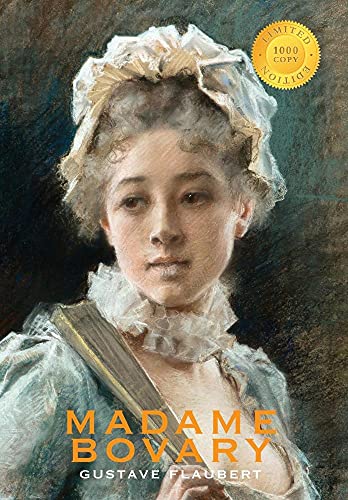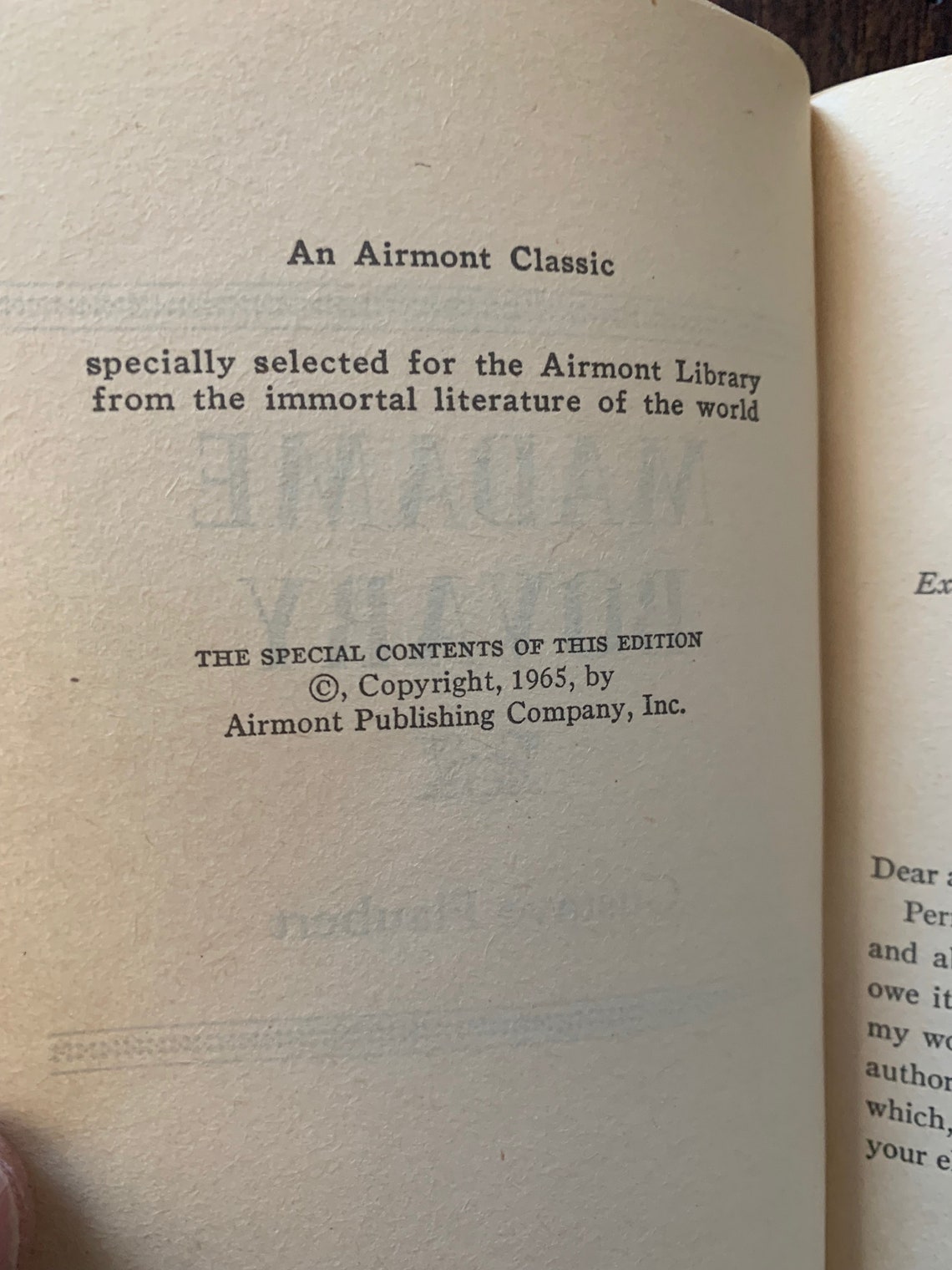
On a shelf in the pharmacist's shop nearby is a bottle of … but I won't say how it comes out, because some of you might not yet have read the book. The loan shark closes in, Leon backs out, and Emma has only one way to go.


But the extravagance of her double life, financed by money stolen from Charles, gets her into ruinous debt. Nursed back to health by the unsuspecting Charles, she hooks up again with Leon. Sharing no such plans, Rodolphe dumps her. But with an upmarket louse called Rodolphe she finds sexual fulfillment and plans a future. Longing for excitement and a classier way of life, she falls for a charming poseur called Leon. Stuck with him in the depths of nowhere, Emma gradually realizes that she has married a chump. It's a simple job but it gets him a reputation for competence. He wins the right to her hand after setting her father's broken leg. The beautiful Emma Rouault is his second wife. In no time he is a medical student, and then a doctor. Young Charles Bovary clumps into school to be laughed at by the other kids for his awkwardness. The plot fairly belts along from the first page. Everyone would read it, given a free taste. Other comparably great and famous novels aren't, but it is. With frontispiece, five full-page illustrations and ornamental head- and tailpieces.The first thing to say about Madame Bovary is that it's a terrific story. The first edition in book form was published in France in 1857. Although purportedly based in part on the life of Flaubert’s friend Louise Pradier, the author’s claim that “Madame Bovary is myself,” with his unrelenting objectivity and deep compassion for his characters, identified him as the great master of the Realist school of French literature.


Upon publication of Madame Bovary, both Flaubert and his publisher were arrested on charges of immorality and narrowly escaped conviction. He is the originator of the modern novel… He began writing Madame Bovary in September 1851, and delivered the manuscript in 1856, when he was 35… No novelist agonized as much or as publicly… And no novelist reflected as self-consciously on questions of technique… Thus ‘style was born” (New York Times Book Review). “Novelists should thank Gustave Flaubert the way poets thank spring: it begins with him. Octavo, two volumes, bound in three quarters leather. True first edition of the author’s masterpiece.


 0 kommentar(er)
0 kommentar(er)
